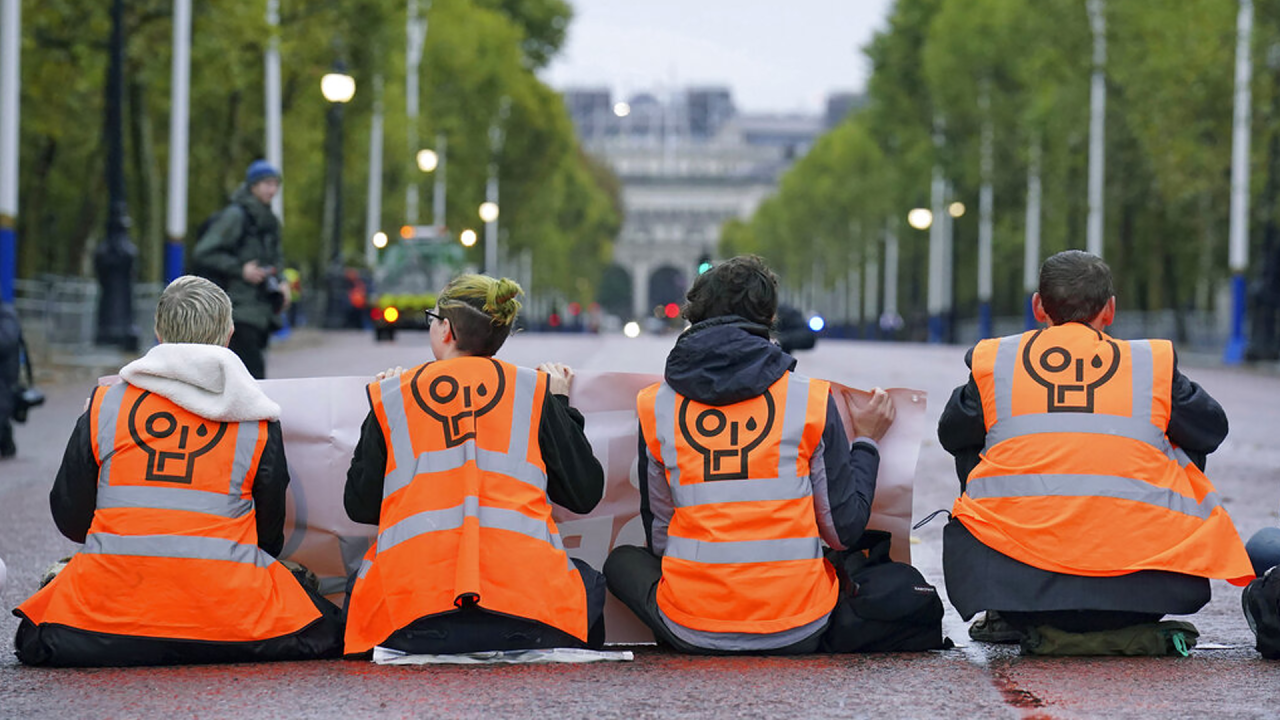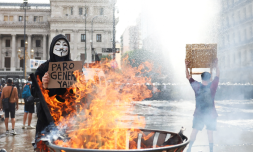‘Freedom of speech’ is a tetchy subject in the UK, and yet a new study has revealed that Britain leads the world for police crackdowns on climate activism.
Britain has taken the lead in cracking down on climate activism, with research showing UK police arrest environmental protesters at nearly three times the global average.
Around 17% of protests in the UK end in arrests, compared to a global average of just 6.7%. Only Australia has taken sterner measures, with 20% of protests resulting in arrests.
This underscores an obvious and growing trend of silencing dissent globally. Instead of tackling the root causes behind the demonstrations, governments are going after the protesters themselves.
Concurring with this sentiment, Michel Forst, the UN’s special rapporteur for environmental defenders, has pointed out that states are focusing more on repression than supporting those speaking up for the planet.
Oscar Berglund, a political economist at the University of Bristol, led a study that looked at data from 2012 to 2023. It shows a surge in climate protests, especially in the late 2010s, fuelled by movements like Fridays for Future and Extinction Rebellion.
Police raid homes of climate change extremists and arrest 27 people.
Activists from the Just Stop Oil group were arrested across the UK over their plans to disrupt summer airport travel.
“You’re under arrest on suspicion of partaking in a conspiracy to interfere with key… pic.twitter.com/EiD0OwBJFQ
— Oli London (@OliLondonTV) June 28, 2024




















